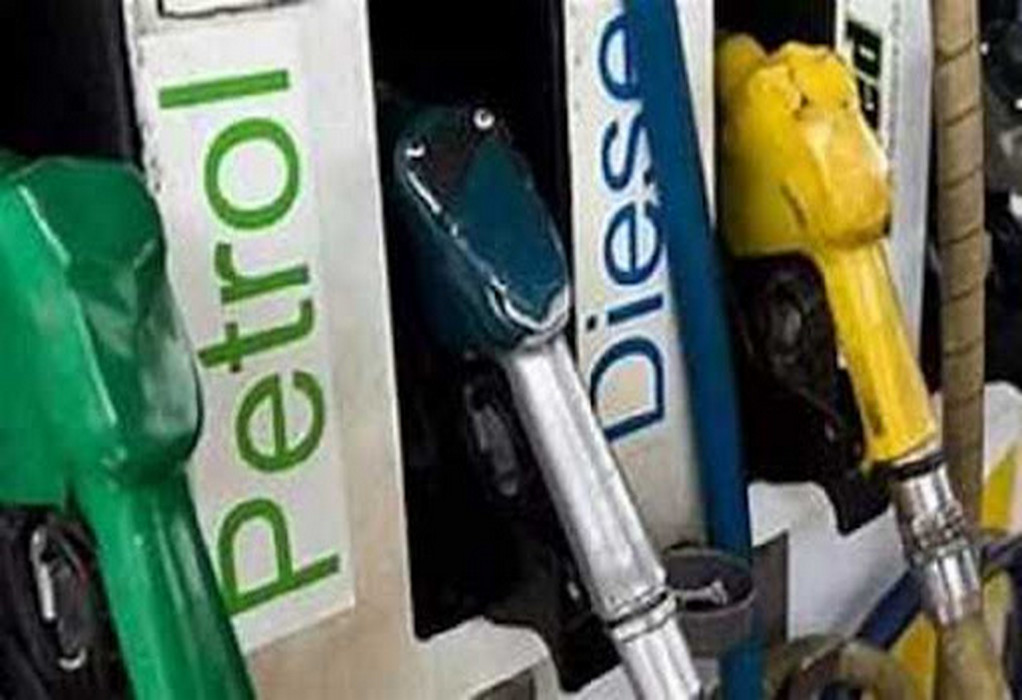The European Union has moved ahead to ban the sale of new cars with internal combustion engines (ICE) from 2035.
The European Parliament consisting of elected members from all EU nations has approved the proposed ban by 339 votes in favour to 249 against with 24 abstentions.
Now the proposal has been approved by parliament, the EU will begin negotiations with member states on the exact text of the law.
The European Commission, the EU’s executive branch, first proposed the ban in July 2021 as part of a set of environmental measures to battle global warming and climate change.
Dubbed “Fit for 55”, this package aims to reduce the union’s carbon emissions by 55 per cent from 1990 levels by 2030, and hit carbon neutrality by 2050.
Under the Commission’s plan, average new car CO2 emissions will be reduced from 95g/km today to 0g/km by 2035, effectively banning the sale of new petrol, diesel, hybrid and plug-in hybrid vehicles.
Many have stated they intend to stop selling ICE cars in Europe before 2035, while some have gone further. For example, Ford’s European passenger car range with EV-only by 2030, and Opel/Vauxhall will do so by 2028.
Some luxury brands, such as Jaguar (2025), Alfa Romeo (2027), Bentley (2030), and Volvo (2030), intend to be electric-only across the globe well before the EU’s deadline.
Tags: CO2 Emissions, Diesel, Electric Vehicles, Europe, ICE, Petrol



Recent Posts
Port of Brisbane Unveils Vision 2060 to Drive Smarter, Cleaner, and More Connected Future
Wärtsilä to Deliver Hybrid Propulsion Systems for Vertom Group’s New Low-Emission Vessels
Latvian port receives electric Konecranes Gottwald Mobile Harbor Crane
Sustainable Ocean Economy Vital for Human Development, Says UNDP at UN Ocean Conference
Green Hydrogen Costs in India Could Drop by 40%, Says IEEFA-JMK Report
Cavotec Secures €1.55 Million Shore Power Contract for Port of Antwerp-Bruges
APM Terminals and SANY Marine sign landmark agreement to accelerate decarbonisation
The Port of Gothenburg takes big step towards shore power connection for container and car/RoRo vessels